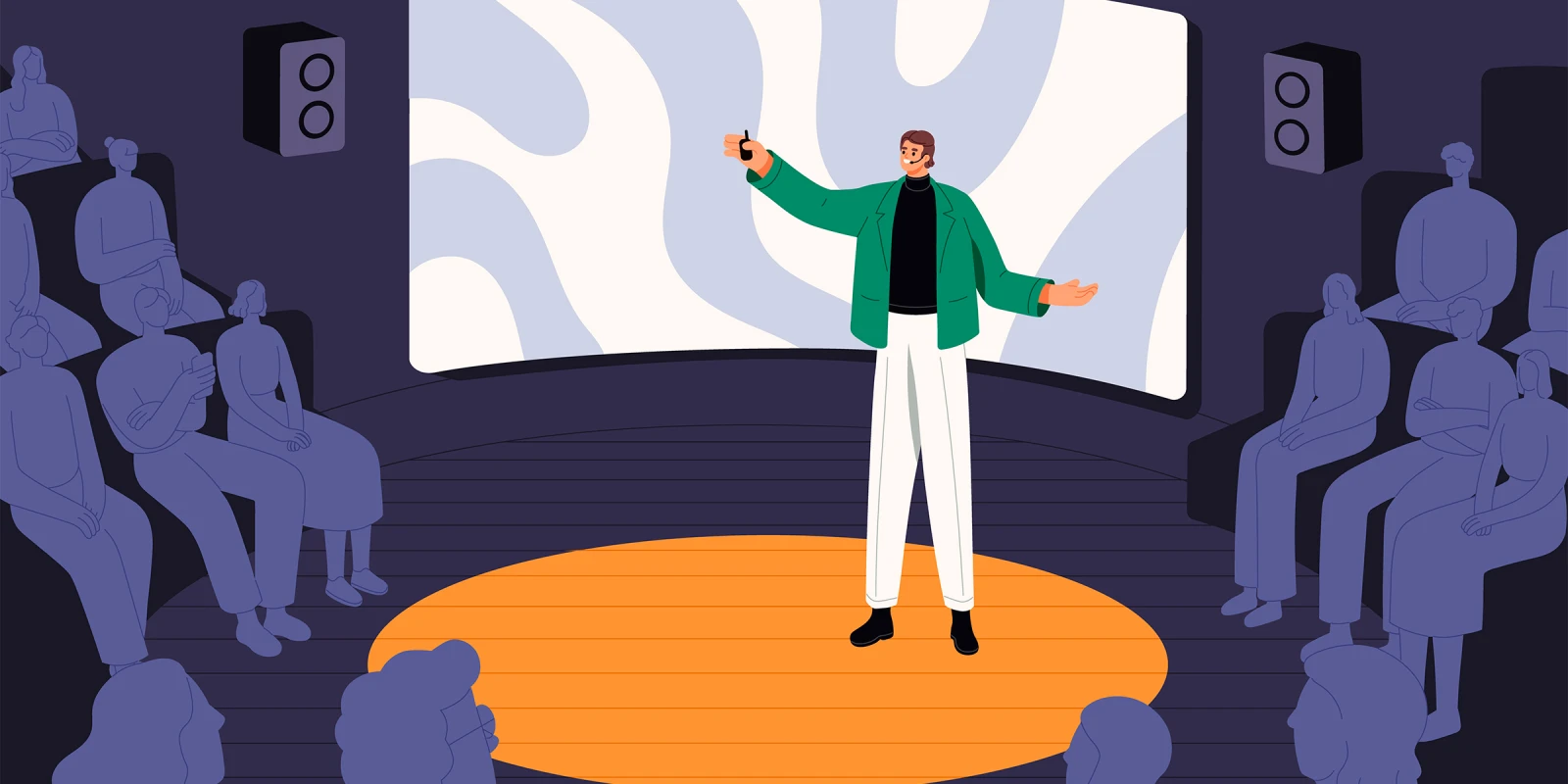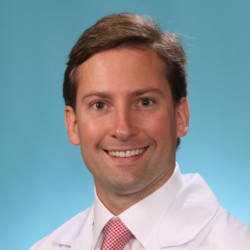The AAO-HNSF 2023 Annual Meeting and Oto Experience brings its wealth of educational content and professional collaboration to Nashville, Tenn., from Sept. 30 to Oct. 4, 2023. Music City is known for its sights, sounds, and tastes, all of which are relevant to otolaryngology patients.
With over 1,200 sessions and 2,500 speakers, the AAO-HNSF Annual Meeting can be a lot to digest. This year, the AAO-HNSF begins an increased emphasis on issues related to geriatric otolaryngology and hopes to create a specific geriatric educational track in the years to come. As patients age, physiological changes occur to the nerves and muscles responsible for the sights, sounds, and tastes that we all enjoy. Geriatric patients also have unique needs related to frailty, brain plasticity, and independent living. Learning about the pathophysiology of age-related changes and how those changes impact patients’ quality-of-life helps otolaryngologists better serve this growing cohort. The following publication will highlight some of the upcoming material pertinent to the care of geriatric otolaryngology patients at the AAO-HNSF 2023 Annual Meeting.
Oct. 1, 6:45-7:45 a.m.
Geriatric Otolaryngology Committee Meeting
The AAO-HNSF Committee meetings are a great way to interact with thought leaders on a topic of interest. This committee meeting is open to both members and non-members. Come hear about and get involved in future initiatives geared towards geriatric patients.
Oct. 1, 9:30-10:30 a.m.
Guiding Older Patients Through Tough Treatment Decisions and End-of-Life Care
Speakers: David Eibling, Ozlem E. Tulunay-Ugur
End-of-life discussions are likely one of the most challenging conversations physicians need to have. Common misconceptions on the role of palliative care and hospice can delay these often-beneficial interventions. This course will provide the otolaryngologist with tools and tips for helping patients and their families through this difficult decision making process.
Oct. 1, 9:30-10:30 a.m.
Older Cancer Patients: To Operate or Not to Operate? Part 1
Speakers: Karen M. Kost, Sid V. Puram, Neal D. Futran, Hilary C. McCray
Comorbid conditions, restricted life expectancy, and other factors must be carefully considered when exploring treatment options for older patients with a head and neck malignancy. These patients also pose unique challenges when undergoing treatment, as elderly patients are more likely to experience complications and treatment interruptions. This seminar will offer a didactic portion that addresses the management of elderly patients with head and neck cancer, followed by a tumor board-based panel.
Oct. 1, 11:00 a.m.–12:00 p.m.
Hearing and Cognition: What Can We Do About It?
Speakers: Richard K. Gurgel, Carrie L. Nieman, Aaron C. Moberly, Justin S. Golub, Alison R. Huang
As the largest potentially modifiable risk factor for dementia, hearing loss and dementia represents the intersection of two major public health issues. This presentation will review what is known regarding the association between hearing loss and cognitive impairment, including the latest research on potential mechanisms, risk factors, and the impact of treatment.
Oct. 2, 9:15-10:15 a.m.
Should Late Career Physicians Undergo Mandatory Testing Evaluate Competency?
Speakers: John W. Werning, Carol R. Bardford, David M. Cognetti, Carl H. Snyderman
Patients are not the only one’s aging. Thirty percent of physicians in the U.S. are 65 years of age or older. Hear from thought leaders in the field of otolaryngology and major U.S. health care systems on the pros and cons of controversial age-based competency testing.
Oct. 2, 3:45-4:45 p.m.
ReFLEXions: Ear Canal Pathology Panel
Speakers: Eman Bahrani, Deepa Galaiya, Elizabeth L. Perkins, Cameron C. Wick
Problems of the external auditory canal are not isolated to geriatric patients, however, as patients age, earwax (cerumen) impactions become more frequent, and using hearing aids predisposes users to chronic skin conditions. This past year, the AAO-HNSF FLEX educational series highlighted ear canal pathologies, and due to interest on the topic, this panel was created to help share expertise on management options. Also, a dermatologist (Dr. Bahrani) will bring complimentary expertise on challenging problems like psoriasis, eczema, and chronic itching.
Oct. 3, 1:00-2:00 p.m. (CDT)
Geriatric Dysphagia: Perioperative Care and Surgical Patient Selection
Speakers: Karen M. Kost, David Eibling, Ozlem E. Tulunay-Ugur
Swallowing involves intricate timing between muscles and nerves to protect the airway and send food along the alimentary tract. Swallowing difficulty (dysphagia) is common complaint amongst the elderly and risks not only quality of life, but also potential mortality from aspiration. This panel will provide a holistic assessment of the geriatric patient with dysphagia and emphasize the physiologic changes that disrupt the swallowing mechanism. Surgical, non-surgical, and peri-operative topics will be addressed.
Highlights from the Scientific Program
Oct 1, 3:57-4:03 p.m.: Age in glottic versus multi-level airway stenosis: A multi-institutional review
Oct 2, 8:12-8:18 a.m.: Olfactory dysfunction predicts prefrailty to frailty progression over five years
Oct 2, 8:24-8:30 a.m.: Vestibular hypofunction screening in older cochlear implant candidates
Oct 3, 5:09-5:15 p.m.: Otolaryngology workforce trends in age
For further content related to the AAO-HNSF educational mission and Annual Meeting visit www.entnet.org. Additional information and free quarterly webinars on topics relevant to geriatric otolaryngology can be found at the American Society of Geriatric Otolaryngology.
Dr. Wick has no conflicts of interest to report.
Image by Paper Trident / GettyImages





